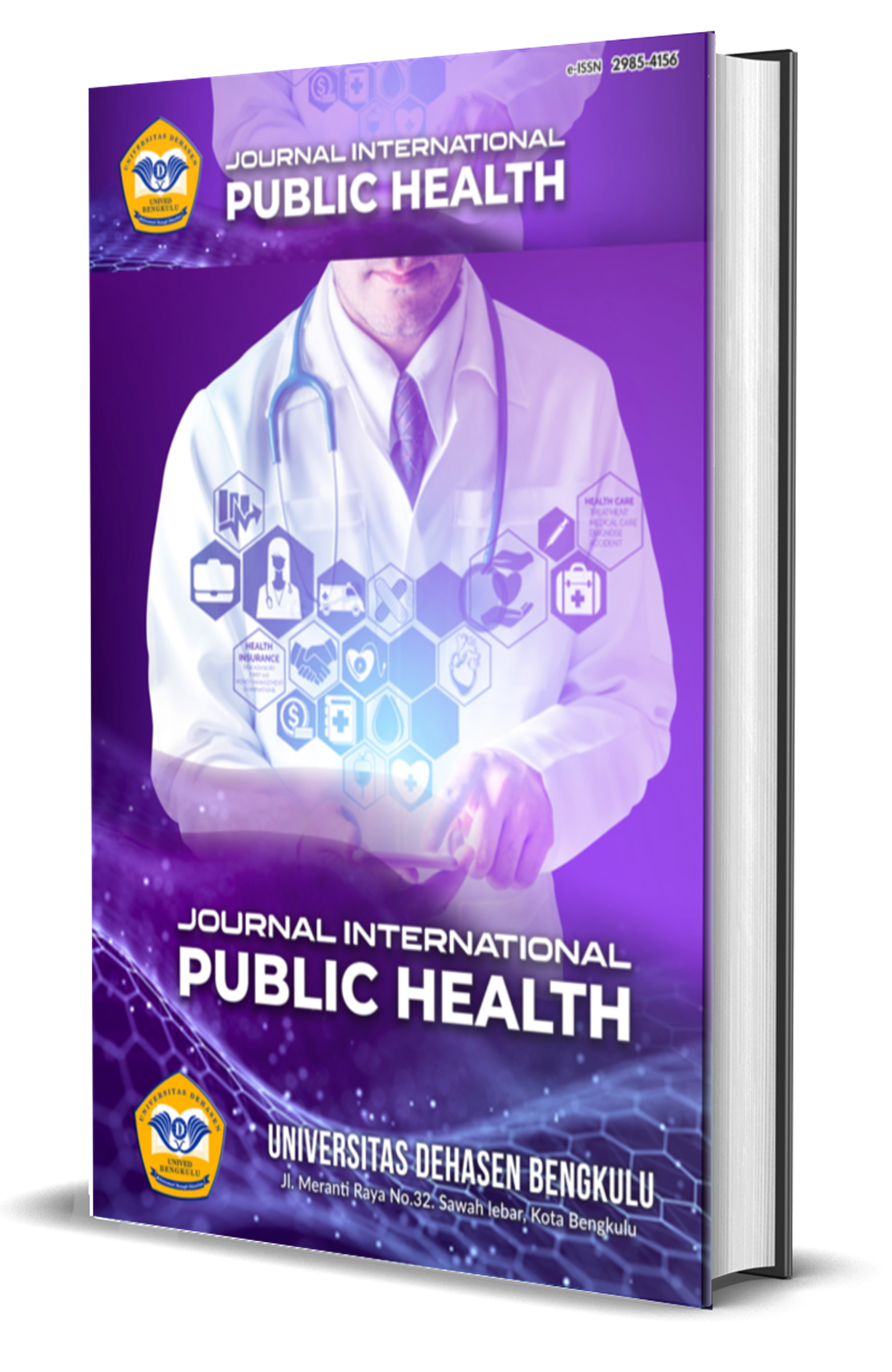The Relationship Between Nurses’s Knowledge And Attitudes With The Implementation Of Patient Discharce Planning At Rsud Empat Lawang
Abstract
Discharge planning is an important part of a client's nursing program that begins soon after the client's admission to the hospital and represents a collaborative effort between the healthcare team, family, client, and significant others. Nurses provide information through health education to clients with self-care needs to ensure continuity of care from hospital to home or community. Knowledge, and a good nurse's attitude determine the success of implementing discharge planning for patients appropriately and optimally. This study aims to determine the relationship between nurses' knowledge and attitudes with the implementation of patient discharge planning at RSUD Empat Lawang. The method used is correlative analytic research with a cross-sectional approach, correlative analytic research design is research that connects one variable with another. The sample in this study amounted to 45 people. The results of the univariate test analysis that more than half of the respondents 25 people (55.6%) have less knowledge, more than half of the respondents 28 people (62.2%) have less attitude, more than half of the respondents 28 people (62.2%) the implementation of discharge planning is less, there is a relationship between the level of knowledge of nurses with the implementation of patient discharge planning at RSUD Empat Lawang and there is a relationship between the attitude of nurses with the implementation of patient discharge planning at RSUD Empat Lawang. Researchers suggest to the Empat Lawang Hospital this research as useful information and input for the Puskemas in providing knowledge about the implementation of patient discharge planning at RSUD Empat.
Downloads
Copyright (c) 2025 Ria Agustin, Sulastri Sulastri, Yalta Hasanudin Nuh

This work is licensed under a Creative Commons Attribution-ShareAlike 4.0 International License.








